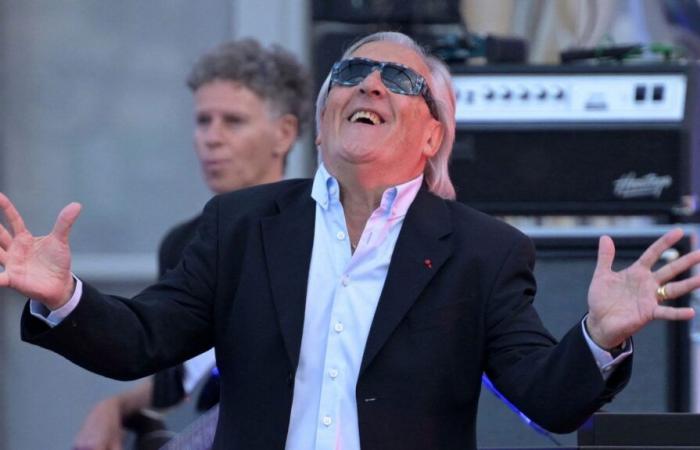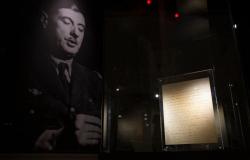The case dates from 1976, seven years before the release of the famous piece performed by Gilbert Montagné in 1983.
France Télévisions – Culture Editorial
Published on 16/12/2024 18:15
Reading time: 2min
Gilbert Montagné and lyricist Didier Barbelivien no longer receive royalties for their hit We’re going to love each otherrecognized as plagiarism after a long Franco-Italian legal battle. “Messrs. Montagné and Barbelivien and the Universal companies cannot benefit from the income generated by the infringing work We’re going to love each other“, ruled the Paris Court of Appeal in a judgment of October 9, reported by AFP and confirming the information from l’Informed. This decision marks a new episode in a legal soap opera that has lasted for several years.
The affair dates back to 1976, seven years before the release of the famous song performed by Gilbert Montagné released in 1983. At that time, A girl from Francesung by the Italian singer Gianni Nazzaro, was published and edited in France by Première Music Group. The composition of the song is by Michel Cywie, and the lyrics were written by Jean-Max Rivière and Didier Barbelivien. The latter thus finds himself involved in the two works in question.
The first legal episode began in 2002, when Abramo Allione Edizioni Musicali, publishing company of We’re going to love each other with Universal Music Italia, initiates non-infringement proceedings to defend the originality of the song. However, this approach has the opposite effect. In 2008, the Milan court ruled that “the work We’re going to love each other constitutes an infringement of the musical work A girl from France“, recalls the Paris Court of Appeal in its judgment.
The question of general copyright on We’re going to love each other remains central to the conflict, which is intensifying in the courts. In 2017, Italian justice estimated the damage at 1.6 million euros, but the case is still being judged after appeals. In France, justice recognized the Italian decisions and, in 2020, ordered Sacem to modify its catalog to attribute copyright to victims of counterfeiting. After an appeal to the Court of Cassation and a new trial, the Court of Appeal confirmed its decision in October, in favor of Rivière, Cywie and Première Music Group.









